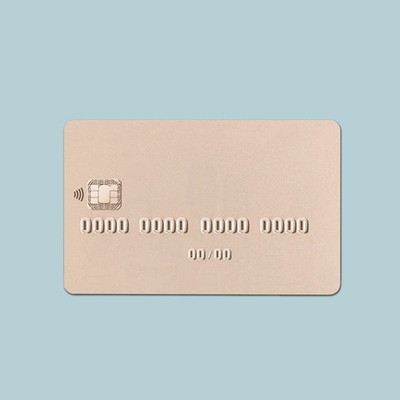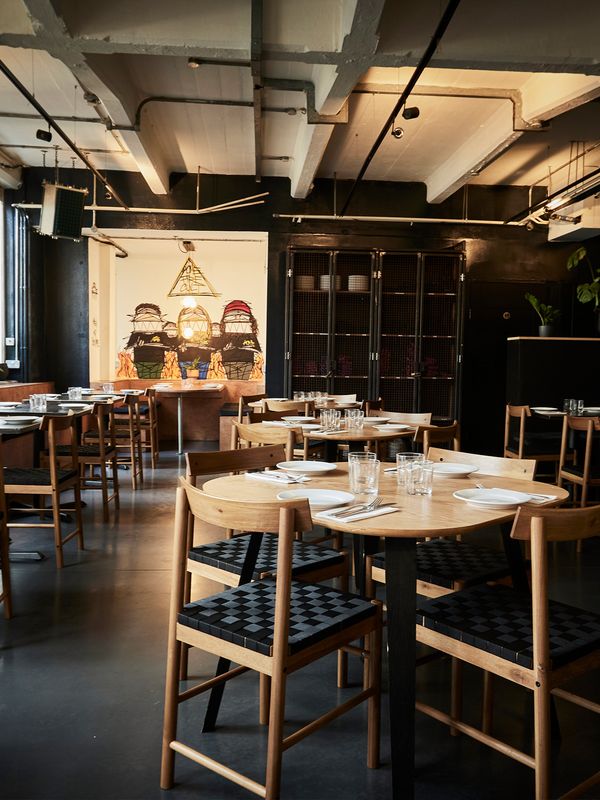
Should The UK Go Cash-Free?
Earlier this year, debit card transactions overtook cash payments for the first time ever. Britons used their debit card 13.2bn times last year, compared to 13.1bn cash payments. The UK is embracing being a cash-less society, but is it really something that’s going to benefit us in the long run?
There is, of course, an obvious appeal in going cash-free: the ease in not carrying around wads of cash and heavy coins, and the fact card transactions make for quick and easy payments – according to the Economist, people spend up to six hours a year looking for a cash point. Plus, it prevents the aggro of trying to split a bill six-ways after dinner with nothing but £20 notes.
New figures from UK Finance predict that by 2026 cash will be used for just 21% of payments. This is in stark contrast to 2006, where 62% of all payments in the UK were made using cash. Currently, Pret a Manger say more than half their customers pay by card, while Nandos revealed card payments make up 71.3% of all payments at its restaurants. And the numbers are even more drastic for public transport payments – in 2017, train ticket payments were four times higher on card that in cash, according to the Rail Delivery Group.
Sweden became the first country to become mostly cashless in 2016 and leads the way as a positive example of how it can work. Canada have since followed suit and in the UK, London has also been embracing cash-free living, with city buses only accepting card payments, Apple pay or Oyster cards. (The same goes for the London underground – although on some machines, you can still buy physical tickets or top up your oyster with cash.)
And this rise in card payments is having a knock-on effect on the UK’s banks. According to Which?, cash machines around the UK are closing at a fast rate of around 300 every month, and around 1,500 machines on the Link network went out of operation in the six months between November 2017 and April 2018.
However, the idea of going cashless has its fair share of problems. Primarily, going entirely digital makes it very hard for the public to have any kind of privacy from the government and banks. Essentially, cash makes it harder to trace you and your spending habits, whereas digital payments make all your transactions traceable and thus taxable. So, if you hired a babysitter or builder and paid them by card rather than cash, that amount could be subject to tax. It’s thought that if America made the move to go 100% digital with their payment strategies, it would make the government an extra $100bn every year. As financial journalist Brett Scott notes: “In granting financial corporations complete control over the money system, our every economic interaction ends up logged in their databases for analysis.”
It has further repercussions for those who can’t actually afford to go cash-free, too. Nearly 3m people in the UK don’t have bank accounts, and some people with poor credit ratings can only use pre-paid debit cards, which you have to pay fees to use. It also removes the option to help those who need cash the most: homeless people rely on cash donations from passers-by. The same goes for Big Issue workers, charity workers and buskers – although an announcement was made in May that London Mayor Sadiq Khan is planning to introduce contactless payment option for buskers in the city.
The scheme is due to be implemented by tech company iZettle and Busk In London, an initiative set to improve and encourage street music in the capital. Performers will be given chip and pin card technology, and the card readers will accept a fixed amount chosen by the musician so he or she can continue playing while spectators give them money. Question is, would this kind of payment work for Big Issue sellers or the homeless?
The move towards becoming a cash-free country is inevitable, if recent figures are anything to go by. But the most important thing is that it’s available to and benefits all. For the majority, cash-free living is the easiest and best option. Businesses in particular are opting to go cash-free because, for starters, it’s safer. “On our second week, we were broken into [overnight] with sledgehammers. All they could take was one iPad,” a bar manager told Guardian writer Tony Naylor.
But will we miss cash once it’s gone? And are we willing to put a price on our privacy? It’s easy to surrender to the simplicity digital payments offer us – but the freedom provided by cash is something we shouldn’t take for granted.
DISCLAIMER: We endeavour to always credit the correct original source of every image we use. If you think a credit may be incorrect, please contact us at info@sheerluxe.com.























